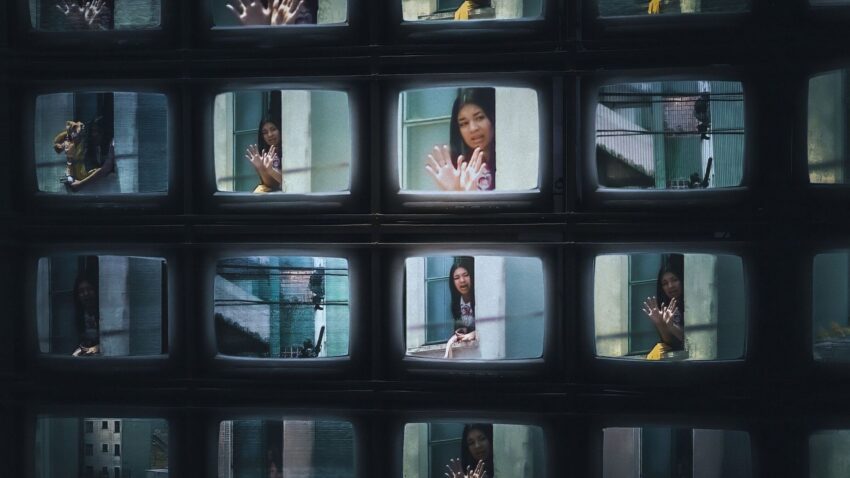Eloá the Hostage: Live on TV Revisits a Case Brazil Watched Unfold Live on Television
In October 2008, Brazil was captivated by a tragic kidnapping that played out over live television. Eloá the Hostage: Live on TV revisits the harrowing case of 15-year-old Eloá Cristina Pimentel, who was held hostage for over 100 hours by her 22-year-old ex-boyfriend, Lindemberg Alves. What was meant to be a private ordeal unfolded publicly, with cameras, police radio chatter, and crowds outside turning a small apartment into a national stage.
Case Overview Behind Eloá the Hostage: Live on TV
Police reported that Lindemberg Alves entered Eloá’s apartment armed with a handgun, taking Eloá and her friend Nayara hostage. Two other classmates who were present were released earlier in the standoff. The ordeal lasted four days until officers finally moved in after hearing gunshots. During the raid, Eloá was critically wounded and later declared brain dead. Nayara was injured but survived. Alves was detained at the scene and accused of firing the shots.
According to Reuters, doctors confirmed Eloá’s brain death shortly after the police intervention, and Alves was taken into custody. Subsequent court records reveal that Alves was convicted and sentenced within the legal limits of Brazilian law. While the documentary does not focus primarily on the legal outcome, it anchors the timeline and frames how investigators and the public pieced together the events inside the apartment.
Media and Police Debates Highlighted in Eloá the Hostage: Live on TV
The case became a continuous broadcast event. News crews stationed themselves outside the building, providing constant updates. Some broadcasters reportedly took calls from the kidnapper live on air—a controversial move criticized by security experts and media analysts alike.
Global Voices reported that a talk show connected to the same phone line used by negotiators, even going so far as to ask Eloá personal questions during the standoff. Police actions also came under scrutiny: allowing Nayara to reenter the apartment was widely questioned, while the tactical timing of the raid was labeled a mistake by some commentators. These points, presented as part of the public record, acknowledge the extremely challenging and fluid situation officers faced on the ground.
What Eloá the Hostage: Live on TV Shows
This new documentary brings fresh material to light, including previously unreleased excerpts from Eloá’s diary. It features on-camera testimonies by her brother Douglas and friend Grazieli Oliveira, both of whom speak publicly about the crime for the first time. The film also includes interviews with journalists and officers involved in the case, along with reconstructions that clarify key moments from the week-long ordeal.
According to About Netflix, these elements work together to present both what was broadcasted on TV and what families and investigators documented off-camera. The film maintains a close connection to original source materials—public footage, official records, and firsthand accounts guide the narrative. Allegedly sensational aspects from earlier coverage are addressed directly by those who experienced the events, offering important context without speculation.
Release, Crew, and Production Details
Eloá the Hostage: Live on TV is set to premiere on Netflix on November 12, 2025. The documentary is directed by Cris Ghattas, with a screenplay written by Tainá Muhringer and Ricky Hiraoka. Production is handled by Paris Entretenimento, with key producers including Marcio Fraccaroli, Andre Fraccaroli, and Veronica Stumpf. Executive producers are Laura Boorhem, Carol Amorim, and Fabi Vanelli.
The film also credits Henrique Vale as director of photography, Jordana Berg as editor, and Amabis as composer. By combining archival broadcasts with firsthand testimony, the documentary aims to retell a story many Brazilians thought they already knew—grounded firmly in records and voices that, until now, remained largely off-screen.
Stay tuned for the release and follow the story that still resonates deeply with Brazilian society and beyond.
